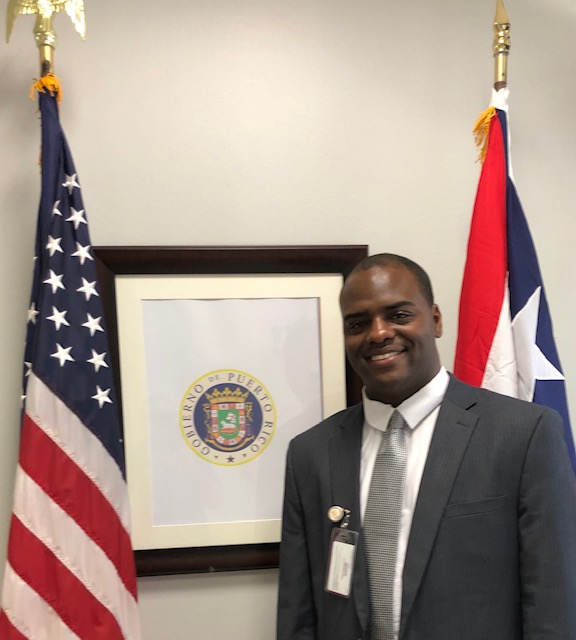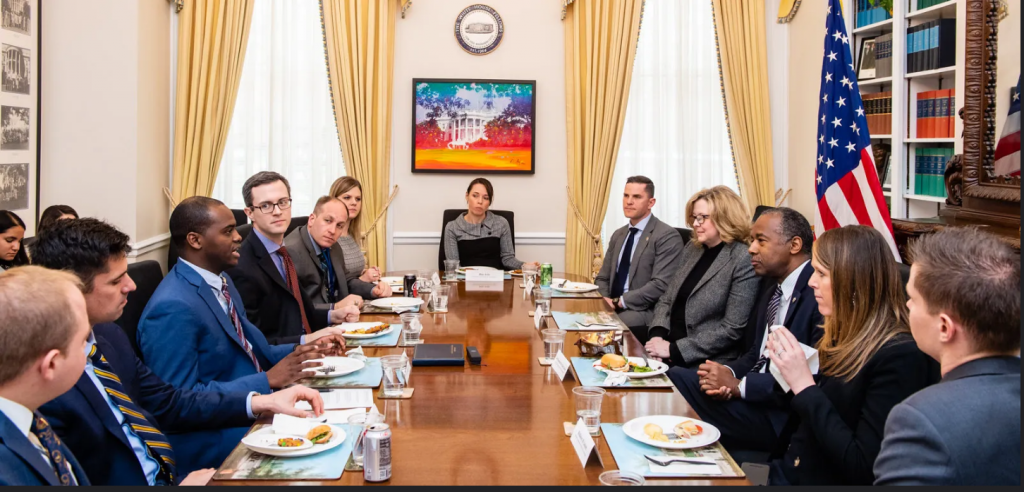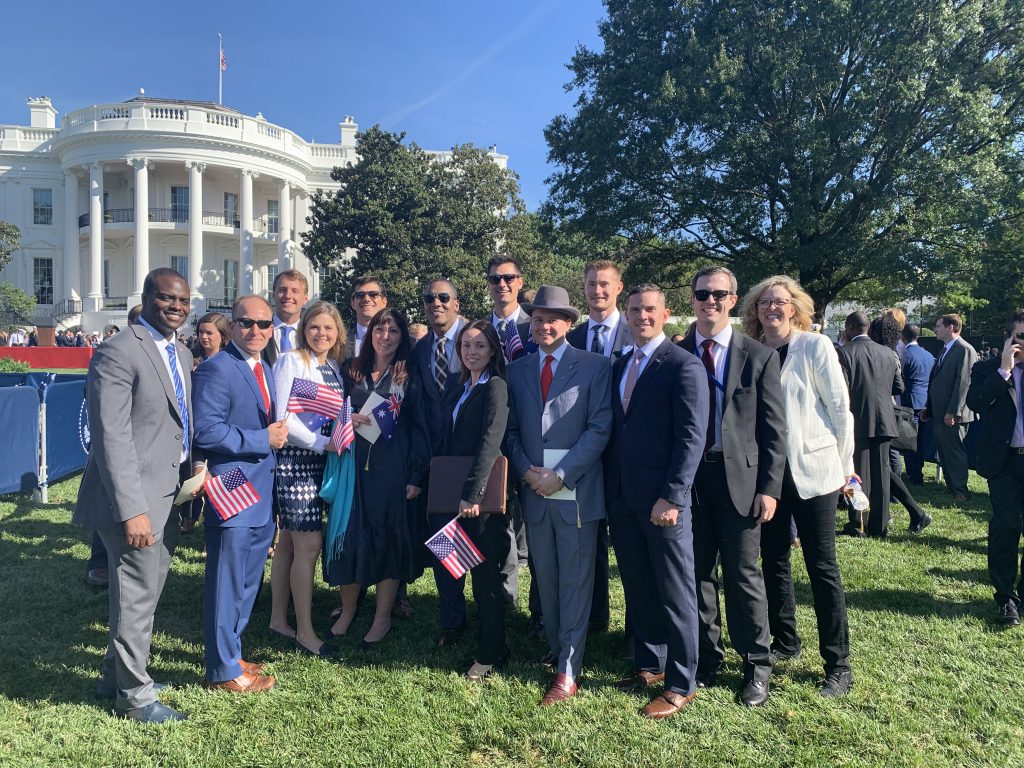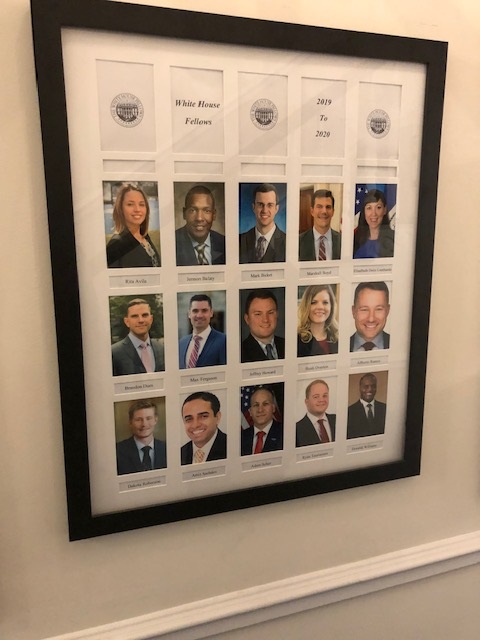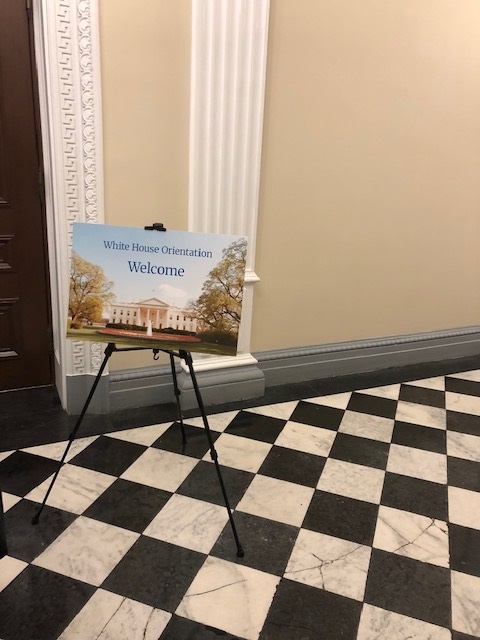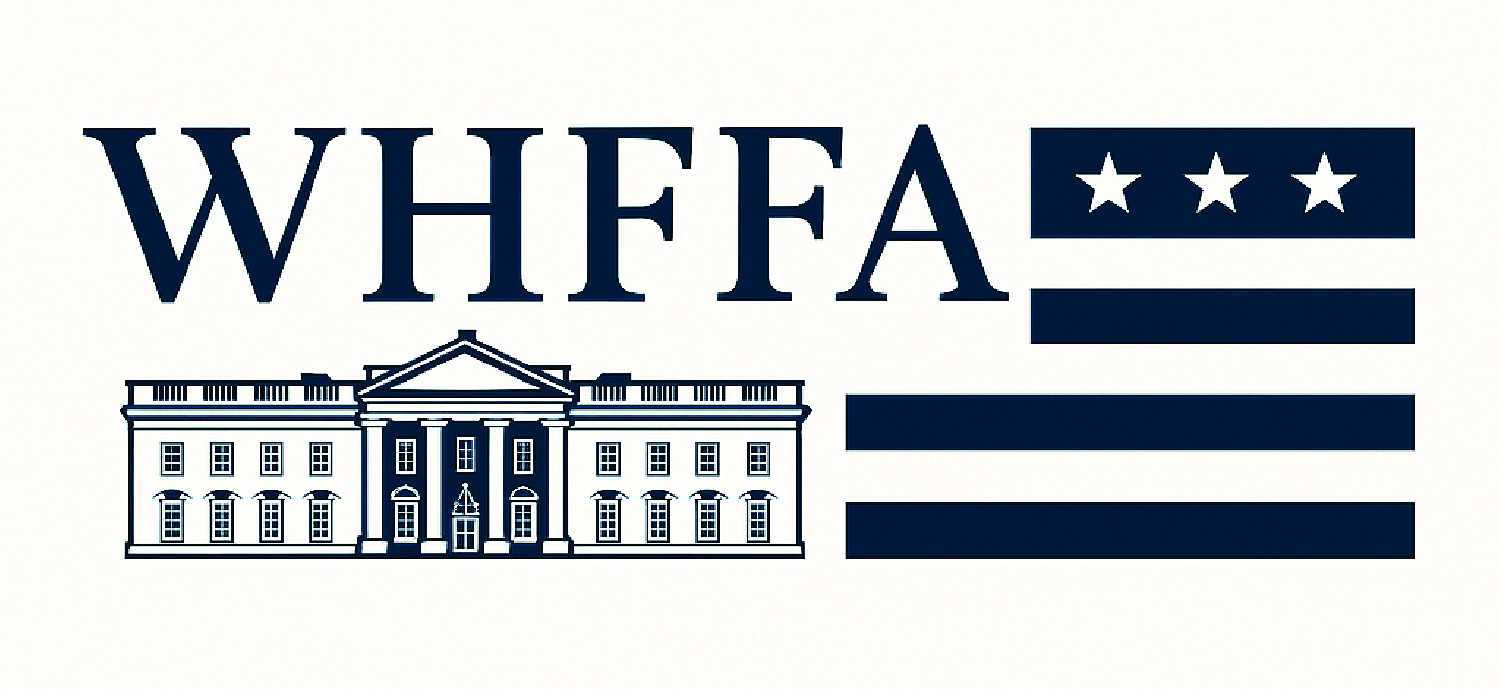WHF Profile: Don Williams (2019-20)
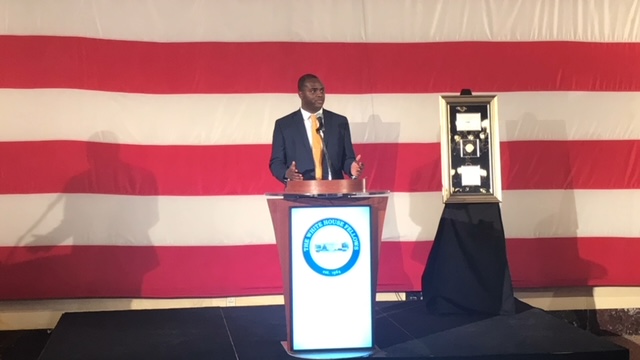
Can you tell us about yourself and your work before the White House Fellowship?
I have been an active-duty Air Force officer since 2009. I am an Air Battle Manager, specializing in command and control and air defense. Outside of the Air Force, I lead and participate in community service activities, including homelessness outreach and disaster recovery.
How did you hear about the White House Fellows Program and what made you decide to apply?
I heard about the White House Fellows Program from a mentor who applied 3 years before I considered applying. I decided to apply after reading Colin Powell’s book, “It Worked for Me: In Life and Leadership”. He said the fellowship changed his life, and after completing the fellowship, I feel the same about my experience.
What goals were you hoping to achieve through the Fellows program?
I had 3 goals before my fellowship year, which included serving marginalized communities, meeting other professionals who were interested in public leadership, and learning more about government resources and their distribution.
Where were you placed and what was the focus of your work?
My placement was at the Department of Housing and Urban Development. I was a speechwriter for the Secretary, and an advisor for portfolios in community development, affordable housing, disaster recovery, healthy homes, and homelessness.
What was your Fellowship class like?
My fellowship class was amazing. Our class had 15 people with diverse backgrounds, interests, and experiences. It contained 6 military officers, 4 physicians, a school principal, a technologist, a police officer, a lawyer, and an engineering professor. We approached our fellowship year with humility and commitment to learning, which was helpful in learning from one another. Each person taught the class advanced aspects of their career, placement, or professional industries.
What did you do immediately after the Fellowship?
I continued military service after the fellowship. As an active-duty officer, I served in the Joint Staff in the Pentagon following the Fellowship, then I was accepted into the School of Advanced Air and Space Studies for a Master of Philosophy in Military Strategy.
How did the trajectory of your life and work change after the White House Fellowship?
After the White House Fellowship, my professional life changed because I was much better prepared for community service, such as with nonprofit boards. Additionally, I greatly improved my experience with and knowledge of federal and state resources, and advised public, private, and nonprofit organizations with that knowledge. Professionally, I became a strategist and more informed leader from the experience of learning from senior cabinet officials.
What are you most proud of achieving since the Fellowship?
I am most proud of the service opportunities I have led since completing the fellowship. I have created hundreds of affordable housing opportunities, advised nonprofit organizations, and consulted with businesses about how to improve their service to communities nationwide. My knowledge is a direct outcome of my fellowship year, for which I am very grateful.
Can you tell us about peers and mentors who helped you on this path?
I have several mentors who help me grow professionally and personally. Outside of the fellowship, I am grateful for the military service members and community service professionals who teach me about service and servant leadership. I consider my 14 fellow Fellows as mentors, as well as many White House fellow alumni, such as Lieutenant General Daniel Caine, Major General (USAF, retired) Rodney Lewis, Lieutenant General (retired) Tom Bostick, and Dr. Robert Marbut. These mentors, and many others showed me how to apply my fellowship experience beyond the fellowship year.
What are you working on now?
I am currently a strategist in the Department of Defense. Outside of the military, I advise organizations in process improvement, community outreach, and strategy. I am also earning my second PhD and conducting independent social science research.
Are there any books you’d recommend for those interested in doing similar work?
High-Risers: Cabrini-Green and the Fate of American Public Housing by Ben Austen, Winning After Losing: Building Resilient Teams by Lieutenant General (retired) Thomas Bostick, PhD, It Worked for Me: In Life and Leadership by Colin Powell, and Thinking, Fast and Slow by Daniel Kahneman
It sounds like all of those experiences gave you a set of new skills that you might not have had in your previous role. How did you translate those skills into your career and work now?
I am grateful for mentors who showed me how to translate skills from my fellowship year into my work now. Broadly speaking, I learned about how the federal government partners with states to deliver resources nationwide. I learned a great deal about leadership, and I reference those lessons in strategy development and my professional leadership responsibilities. I also learned about the complex nature of community development, affordable housing, and homelessness. I use these skills to advise organizations on how to improve and serve communities.
Could you reflect on a learning experience during your Fellowship experience?
One experience that stands out is the first televised speech I wrote for a principal. Crafting the speech required coordination with other Departments, White House staff, and public partners. I learned about the importance of clear and concise communication, and how important words are to shaping perceptions and maintaining public trust in the government’s work.
Have you and your classmates remained close since your Fellowship year?
Yes, our class speaks almost daily and remains a part of each other’s lives. One of my fellow Fellows gave the invocation at my promotion ceremony last year, and many of us who live in the DC area frequently see each other.
What advice would you give to prospective applicants?
I recommend prospective applicants make an individual assessment of what type of public service they want to achieve and be clear about how this experience would further that goal. I also advise that each applicant remain flexible, humble, and self-driven because the experience will require those attributes.
